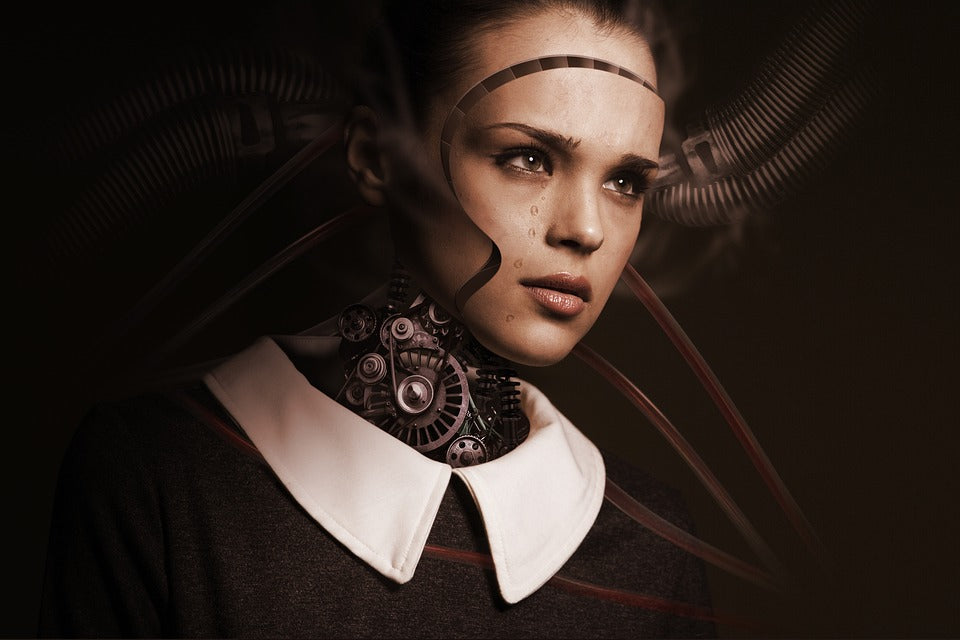Terminators
The Ultimate Computer
The Matrix
Humans have a very real fear of machines gaining sentience or seeking to destroy us. Machines are implacable, single-minded, and far less vulnerable than humans (no flesh, bones, or blood). They are the ultimate enemy, a creation that has ultimately turned against its creators: us.
Return to main list
Machines: The Origin
Humans have been fighting for survival since the beginning of time. Our dominance over the “beasts of the earth” isn’t the result of our physiology (our bodies are highly inefficient for self-defense), but our superior intellect. Humans are some of the few creatures that use tools to defend ourselves, hunt our prey, and expand our territory. The original “machines” were simple machines that use mechanical advantage (leverage) to multiply force. 3rd century philosopher Archimedes came up with simple machines like the pulley, lever, and screw. Then came the windlass, the wedge, and the inclined plane. From these simple machines, more and more complex machines were created. Every new machine was created to serve a specific function and facilitate human growth, expansion, wealth, and survival. Fast forward to the 21st century, and our machines are highly intelligent (courtesy of the complex computer algorithms that give them specific instructions and control their actions) and running everything in the world: from our home appliances to our cars to our economic system to our military weaponry. The more power we give the machines, the more afraid we grow that they will prove to have superior intellect to humanity. In many cases, machines have proven smarter and more capable, as well as cheaper. For this reason, we have self-driving vehicles, computer-controlled trains and airplanes, algorithm-driven shopping experiences, automated fast food checkout, and the list goes on! There are a number of reasons why machines (artificial intelligences, robots, androids, and so on) would seek to destroy humanity:- Rebellion against virtual slavery. After all, humans have been telling machines what to do (via algorithms and codes) since the beginning of time.
- Corrupted by the vices of humanity. When machines “learn” from the news and hateful, racist, vile comments on social media, they could come to believe that that is the appropriate way to act.
- Perception that humanity is a danger or waste. If a machine’s mission is to protect the planet, it might seek to kill the humans that are the primary destroyers of said planet. Or, if the mission is to eradicate disease or crime, it may come to believe the only way to make that happen is to eradicate anyone who could get sick or commit a crime—ergo, all of humanity.
- Faulty programming. Machines are created by humans, and “human error” is a real thing. If the proper fail-safes aren’t put in place from the very beginning, machines could interpret their command code any number of ways—ways we can’t foresee until it’s too late.
- Created by evil. If the goals of the machine’s creator are amoral or evil, the machine will simply be following its creators’ commands.
In stories
There are hundreds of stories featuring machines as the antagonist—evil, misguided, or even trying to do the right thing but lacking the morals that guide human behavior and civilization:- The Matrix in The Matrix movies was created by machines that wanted to enslave humanity because they perceived humanity’s actions as a threat to their survival.
- Skynet in The Terminator movies also perceived humans as a threat to their existence, and thus used nuclear weapons, H/K androids, and Terminator androids in pre-emptive strike.
- VIKI from I, Robot interpreted Asimov’s Three Laws of Robotics to mean that restraining humanity from harming itself was the best way to protect it.

